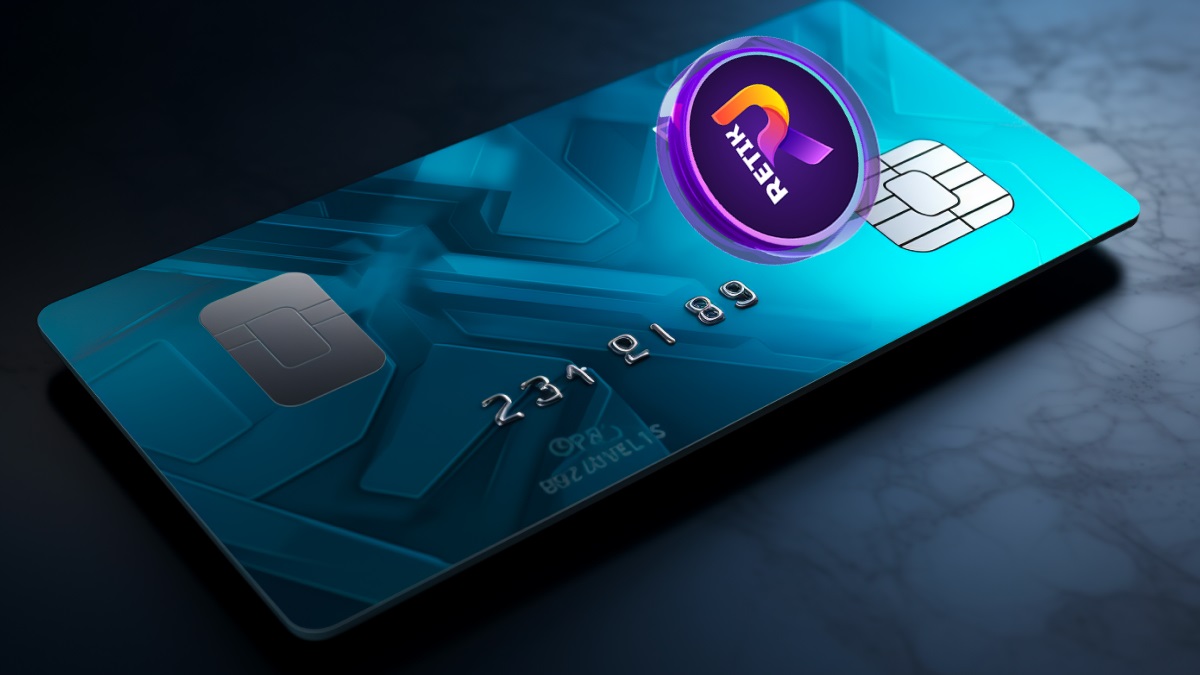Decentralized finance (DeFi) promises to revolutionize traditional banking and finance by providing open, transparent, and accessible financial services. The most exciting development within the DeFi ecosystem is the emergence of DeFi debit cards. These innovative payment solutions are reshaping the experience financial transactions.
Advantages of defi debit cards
- Financial Inclusion- The primary advantages of DeFi debit cards are their potential to promote financial inclusion. According to the World Bank, approximately 1.7 billion adults worldwide are unbanked, meaning access to traditional banking services. DeFi debit cards help bridge this gap by providing these individuals with a means to participate in the global financial system without requiring a traditional bank account.
- Increased accessibility-DeFi debit cards also increase the cryptocurrencies for everyday transactions. While cryptocurrencies have gained traction as investment assets, their practical use in daily transactions is limited. DeFi debit cards for users to spend their cryptocurrencies at any merchant that accepts traditional debit or credit cards, significantly expanding the practical applications of digital assets.
- Enhanced Security-DeFi debit cards often offer security features compared to traditional debit cards. Many DeFi debit card providers employ advanced security measures, such as multi-factor authentication, biometric verification, and encrypted transactions, to protect user funds and personal information.
- Global reach– Since DeFi debit cards are built on blockchain technology; they are not bound by geographical limitations. Users access their funds and make payments from anywhere in the world, as long as an internet connection. This global reach is particularly beneficial for individuals who frequently travel or work remotely. How to buy presale tokens? Follow presale instructions; contribute funds during the specified timeframe.
- Decentralization– The core principles of DeFi is decentralization, is no central authority controlling the financial system. DeFi debit cards adhere to these principle users with complete control over their funds and financial transactions. Users manage their funds their cryptocurrency wallets, eliminating the need for intermediaries and reducing the risk of censorship or third-party interference.
Reshaping payment experiences
- Seamless integration– DeFi debit cards seamlessly integrate cryptocurrency transactions into the traditional payment infrastructure. Users purchase at any merchant that accepts debit or credit cards, for merchants to adopt specialized cryptocurrency payment systems. This integration simplifies the payment process for both users and merchants, transactions more accessible and convenient.
- Real-time transactions– DeFi debit card transactions are processed in near real-time, thanks to the efficiency of blockchain technology. This instant settlement of transactions eliminates the lengthy processing times associated with traditional banking systems, providing users with a faster and more streamlined payment experience.
- Cost savings– DeFi debit cards often offer lower transaction fees compared to traditional debit or credit cards. By leveraging the efficiency of blockchain technology and eliminating intermediaries, DeFi card providers pass on cost savings to users, transactions and remittances more affordable.
- 4. Borderless Payments– As DeFi debit cards operate on a global blockchain network, borderless payments, and transactions across international borders without incurring high fees or facing complex currency conversion processes.
- Personalized financial management– Many DeFi debit card providers offer users access to advanced financial management tools, such as spending analytics, budget trackers, and financial dashboards. These tools empower users to monitor their spending, set financial goals, and make informed decisions about their finances, enhancing their overall financial well-being.


 Your 101-Guide for choosing bookkeeping services in Smyrna
Your 101-Guide for choosing bookkeeping services in Smyrna  AI trading and market volatility – What do you need to know?
AI trading and market volatility – What do you need to know?  When is margin trading advisable in the bitcoin market?
When is margin trading advisable in the bitcoin market?  Crypto portfolio management software- Simplifying multi-asset investing
Crypto portfolio management software- Simplifying multi-asset investing  Top Tax Tips for Freelancers and Gig Workers
Top Tax Tips for Freelancers and Gig Workers  Change the way you trade gold with Forexiro’s automated trading systems.
Change the way you trade gold with Forexiro’s automated trading systems.  Types of Life Insurance, Its Types, and Benefits
Types of Life Insurance, Its Types, and Benefits  Use of AI in Banking to Transform Customer Experience
Use of AI in Banking to Transform Customer Experience  Top 5 Tips for Effective Income Planning
Top 5 Tips for Effective Income Planning 